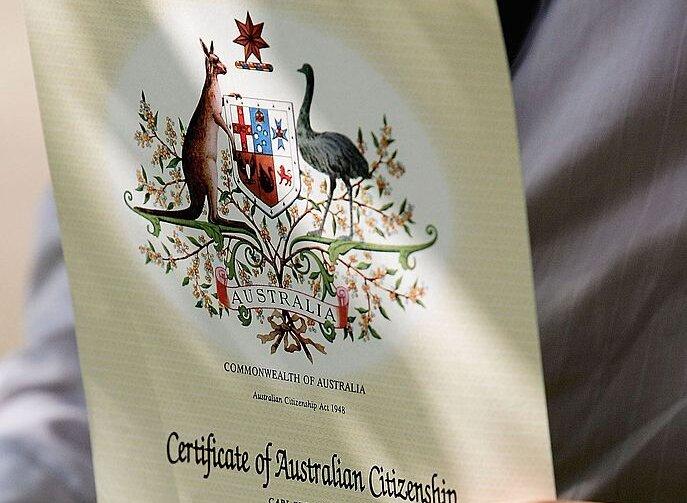Australia’s Human Rights Commission has urged the federal government not to revoke the citizenship of dual national children involved in terrorism, saying it was in their best interest.
During a Senate inquiry on Feb. 19, representatives from the Australian Human Rights Commission (AHRC) presented their view on a recent Australian citizenship legislation reform, which granted judges the power to cancel the citizenship of some serious offenders, including those who committed terrorism, espionage, and foreign interference.





